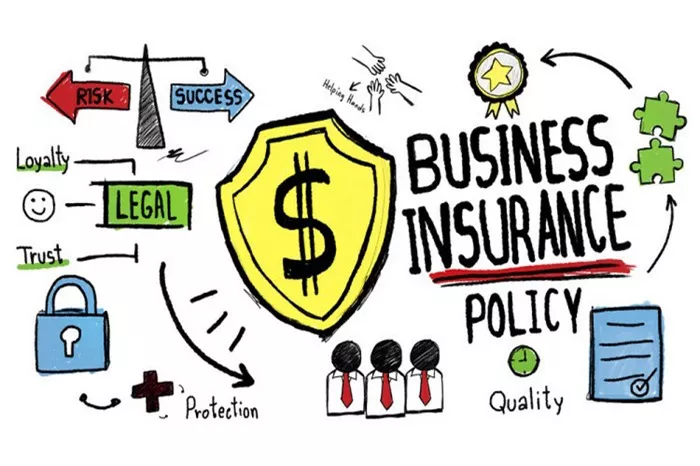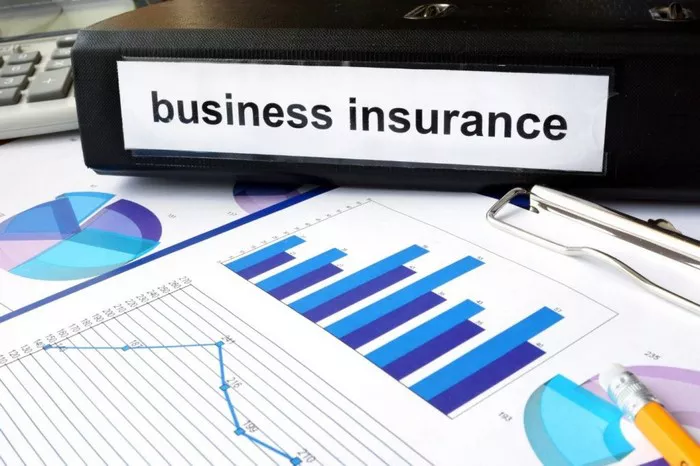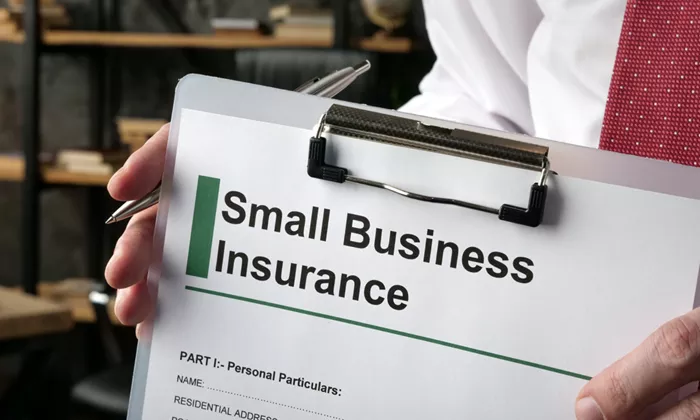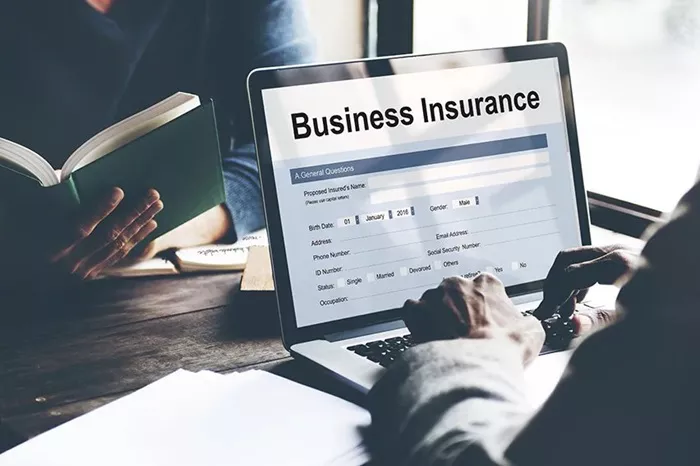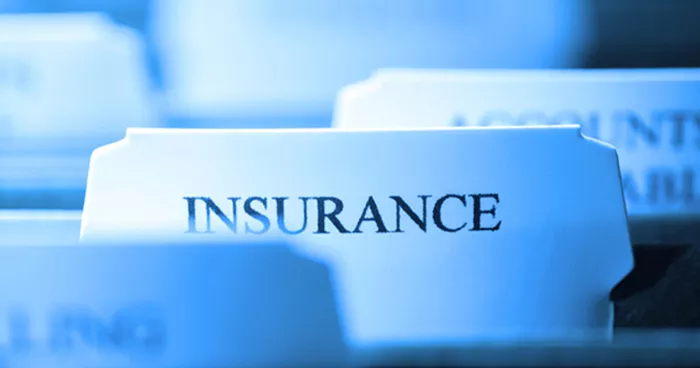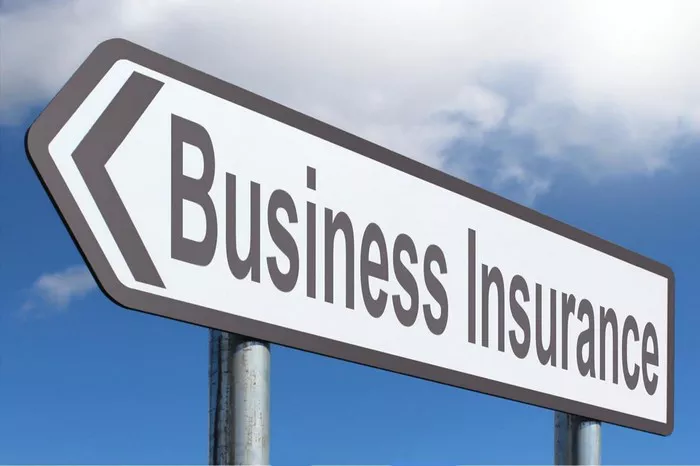General liability insurance (GLI) is a crucial safety net for businesses, offering protection against many common risks. However, despite its wide range of coverage, there are several important exclusions. Understanding what general liability insurance does not cover is essential for business owners to avoid gaps in their protection. In this article, we will explore the limitations of general liability insurance and why additional coverage may be necessary to fully safeguard your business.
Introduction to General Liability Insurance
General liability insurance is designed to protect businesses from claims involving bodily injury, property damage, and certain other liabilities arising from their operations. It is often considered one of the most basic and essential forms of coverage for businesses of all sizes. However, while it provides valuable protection, it doesn’t cover every risk. There are many situations where a business might be exposed to financial loss that GLI will not protect against.
In this article, we will examine the exclusions that exist within a general liability insurance policy and offer insights into additional insurance options that can help fill these gaps.
1. Employee Injuries
One of the most common misunderstandings about general liability insurance is that it covers employee injuries. However, GLI does not provide coverage for employees who are injured while performing their work. This is because workplace injuries are typically covered under workers’ compensation insurance.
Workers’ compensation insurance is specifically designed to cover medical expenses, rehabilitation costs, lost wages, and other related expenses if an employee is injured or becomes ill as a result of their work. In many states, workers’ compensation is a mandatory requirement for businesses with employees, ensuring that both employers and employees are protected in the event of a workplace injury.
If an employee is injured while on the job, the employer’s general liability insurance will not cover their medical bills or provide lost wages. Instead, the employee must file a claim through the company’s workers’ compensation policy.
2. Professional Errors and Omissions
General liability insurance is not designed to cover mistakes or errors made by professionals in the course of their work. If your business provides professional services, such as legal advice, accounting, medical services, or consulting, you will need a separate policy called professional liability insurance (also known as errors and omissions, or E&O insurance).
For example, if a consultant gives poor advice that leads to financial loss for a client, general liability insurance will not cover the resulting claims. Instead, professional liability insurance would provide the necessary protection.
This type of insurance is vital for businesses that offer professional services, as it covers claims of negligence, misrepresentation, or mistakes that occur in the course of providing services to clients.
3. Damage to Your Own Property
General liability insurance covers property damage caused by your business to third-party property, but it does not cover damage to your own property. If your business’s property, such as equipment, inventory, or office buildings, is damaged, GLI will not provide any compensation. This type of coverage is usually provided by property insurance.
Property insurance is designed to cover physical assets, including buildings, furniture, equipment, and inventory, in the event of damage or loss due to fire, theft, vandalism, or natural disasters. If you own or rent a building or have valuable physical assets that your business relies on, it’s crucial to have property insurance in place to cover potential losses.
4. Auto Accidents
If your business owns or operates vehicles, you need commercial auto insurance to cover accidents that occur while driving a company vehicle. General liability insurance does not cover any vehicle-related accidents or injuries involving company-owned cars, trucks, or other vehicles.
For example, if an employee is involved in a car accident while driving a company vehicle, GLI will not cover the resulting damages or injuries. Commercial auto insurance, however, would provide coverage for vehicle repairs, medical expenses, and liability claims arising from the accident.
It’s important to have separate commercial auto insurance, especially if your business involves frequent vehicle use, such as delivery services or transportation.
5. Intentional Acts and Criminal Behavior
General liability insurance does not cover damage or injury resulting from intentional acts or criminal behavior. If an employee or business owner intentionally damages property or harms someone, or engages in illegal activity, GLI will not provide coverage.
For example, if a business owner deliberately damages a competitor’s property, or if an employee commits fraud or theft, the insurance policy will not cover these actions. The reasoning is that general liability insurance is designed to protect businesses from accidental or unintentional harm, not intentional misconduct.
In cases of criminal behavior or intentional damage, the individual responsible could be held personally liable, and criminal charges may apply in addition to civil penalties.
6. Pollution and Environmental Damage
General liability insurance typically does not cover pollution or environmental damage caused by your business. If your company causes contamination, pollution, or environmental harm, GLI will not cover the associated costs. This includes issues like hazardous waste disposal, air or water pollution, and other environmental violations.
For example, if your business is involved in manufacturing or construction and causes contamination of nearby water sources, general liability insurance will not cover the cleanup or legal costs associated with the environmental damage. In such cases, businesses often need pollution liability insurance or environmental liability insurance.
Environmental liability insurance is designed to cover the costs of cleaning up environmental hazards, legal fees, and damages associated with pollution or environmental violations.
7. Cybersecurity Risks and Data Breaches
With the increasing reliance on technology and the internet, cybersecurity risks have become a significant concern for businesses. However, general liability insurance does not cover losses or claims related to data breaches, cyberattacks, or other cybersecurity issues.
If your business suffers a data breach that compromises sensitive customer information, general liability insurance will not cover the costs of notification, credit monitoring, or legal expenses. Similarly, if your company’s website is hacked, and your customers’ personal data is stolen, GLI will not cover the expenses associated with resolving the breach.
To protect your business against cyber risks, you’ll need cyber liability insurance, which provides coverage for data breaches, cyberattacks, and other technology-related risks.
8. War, Terrorism, and Natural Disasters
General liability insurance does not cover losses caused by certain catastrophic events, such as acts of war, terrorism, or natural disasters like earthquakes, floods, or hurricanes. These events are considered to be beyond the control of the business and are typically excluded from most insurance policies.
For businesses located in areas prone to specific natural disasters, such as earthquakes or flooding, specialized insurance policies may be needed. For example, flood insurance or earthquake insurance can provide coverage for damages caused by these types of events.
Similarly, businesses in high-risk areas for terrorism or civil unrest may need to purchase terrorism insurance to protect against losses caused by acts of terrorism.
9. Abuse or Molestation
General liability insurance typically excludes coverage for claims related to abuse or molestation. If your business is involved in activities where abuse or molestation could occur, such as childcare services, schools, or healthcare settings, you may need abuse and molestation coverage.
This type of coverage helps protect businesses from legal claims related to physical, sexual, or emotional abuse that occurs on their premises. It’s an essential consideration for businesses that interact with vulnerable populations.
10. Business Income Loss
While general liability insurance covers many risks, it does not cover losses related to a business’s income. If your business is forced to close due to a covered incident, such as a fire or natural disaster, GLI will not compensate you for lost income or profits during the closure.
For income loss protection, businesses often turn to business interruption insurance or business income insurance. This type of coverage helps replace lost income if your business is temporarily unable to operate due to a covered event.
Conclusion
General liability insurance is a vital form of protection for many businesses, offering coverage for common risks such as bodily injury, property damage, and advertising injury. However, it does not cover all potential risks that businesses face. Understanding the exclusions of your general liability policy and identifying areas where additional coverage is necessary can help you safeguard your business against a broader range of risks.
By supplementing your general liability insurance with other policies like workers’ compensation, professional liability, cyber liability, or business interruption insurance, you can ensure that your business is well-protected against a variety of unforeseen events. Always consult with an insurance professional to tailor your coverage to your business’s specific needs.
Related topic:
Do I Need Workman’s Comp As Sole Proprietor
What Does Professional Liability Insurance Cover
Do I Need Workers Compensation Insurance For Independent Contractors


